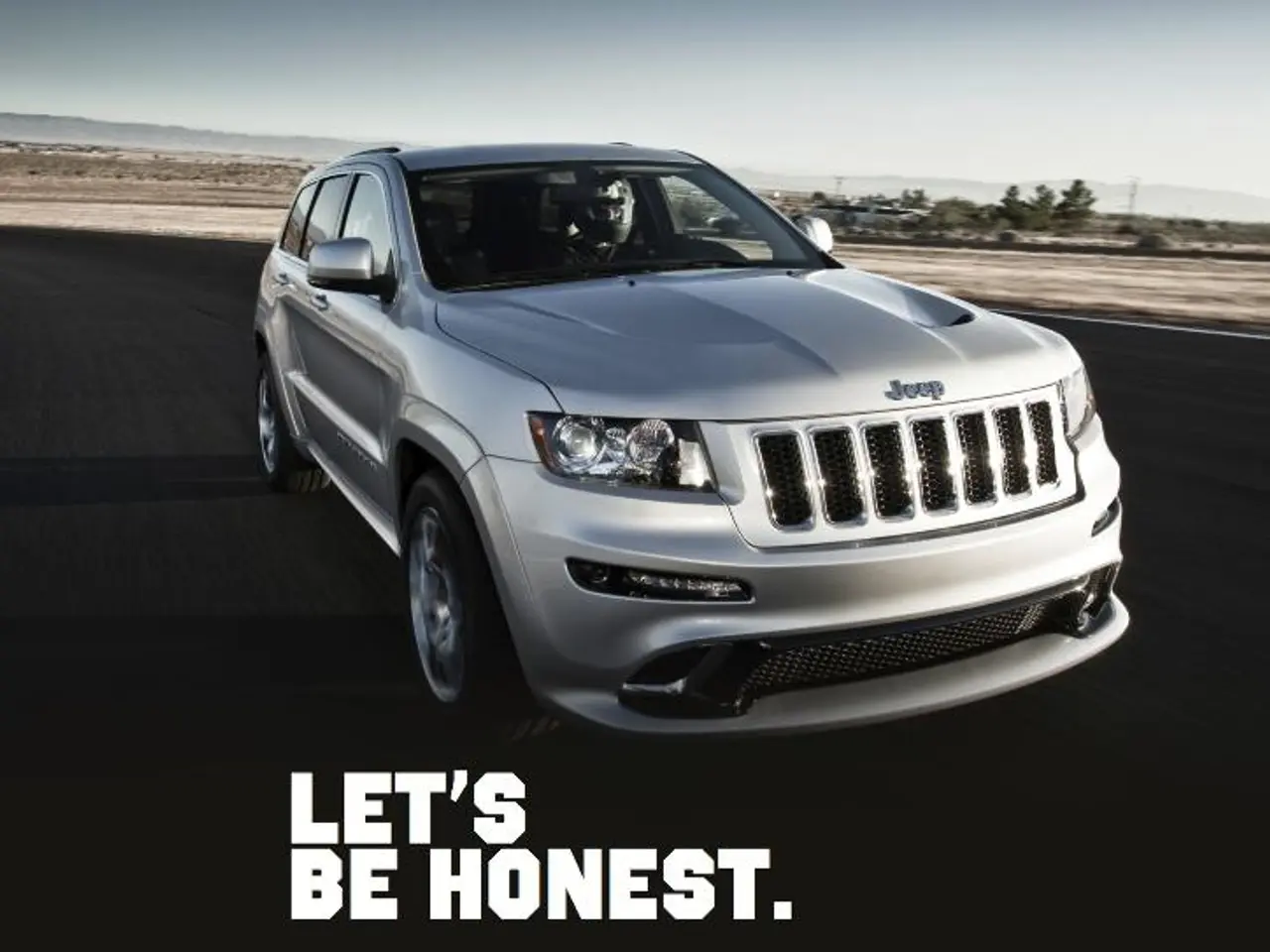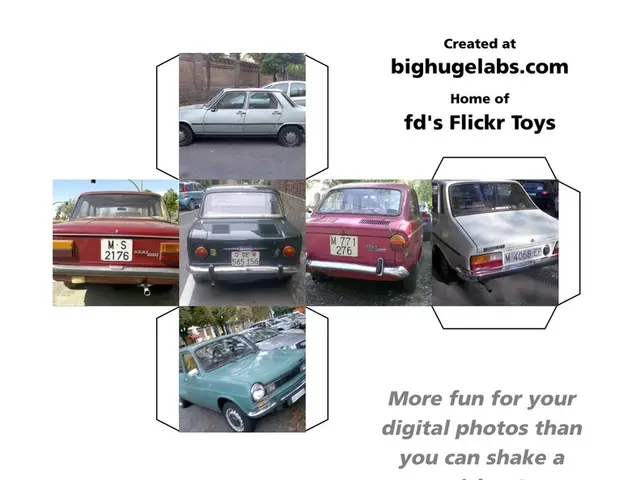Volkswagen enters the vehicle-as-a-service sector, deploying its ID.3 battery-electric vehicle model.
In the ever-evolving world of automotive technology, a new trend is emerging: subscription services for car features. Robert Piston, an industry expert, has recently pointed out the increasing prevalence of this phenomenon.
One of the pioneers in this shift is Volkswagen, who have introduced an optional 'motor power upgrade' for their ID.3 BEV model in the UK. This upgrade increases the maximum motor output from 150 kW to 170 kW, providing a noticeable boost in performance for those who opt for it. The upgrade comes with two payment options: a monthly fee of £16.50 or a yearly fee of £165, or alternatively, a 'lifetime' subscription priced at £649.
Volkswagen isn't alone in this venture. Other automakers such as BMW, Jaguar Land Rover (JLR), Bosch, Stellantis, and Renault have collaborated with startups to advance mobility innovations, including Car-As-A-Service (CaaS) models, primarily in European and global markets. However, specific adoption of CaaS by these automakers and the countries offering these services have yet to be explicitly detailed.
BMW, for instance, offers a heated seats subscription service, while Mercedes provides an acceleration subscription service. The practice of offering subscription services for car features, however, has raised some concerns among consumers. Some find it a disruptive approach that may render third-party tuners obsolete.
The concept of CaaS is becoming increasingly prevalent, with automakers shifting towards a recurring revenue model. It's important to note that the hardware for these services is already in the cars customers have supposedly purchased. This means that the subscription services are essentially unlocking previously unavailable features.
The motor power upgrade service, initially available only in countries like Denmark, has now been rolled out in other countries, including the UK. The BBC has noted this trend in their article, highlighting the shift towards a service-based model in the automotive industry.
As this trend continues to grow, it will be interesting to see how it impacts the industry and consumers alike. Whether it's a motor power upgrade or heated seats, the subscription model offers a flexible and cost-effective way for consumers to customise their vehicles, making car ownership more adaptable and accessible than ever before.
Read also:
- Deepwater Horizon Oil Spill: BP Faces Record-Breaking Settlement - Dubbed 'Largest Environmental Fine Ever Imposed'
- Lawsuit of Phenomenal Magnitude: FIFA under threat due to Diarra's verdict, accused of player injustice
- Expansion of railway systems, implementation of catenary systems, and combating fires: SNCF adapting to the summer heatwave
- Citizen Thekla Walker, Minister, advises: "Let's focus on our own homes first"








